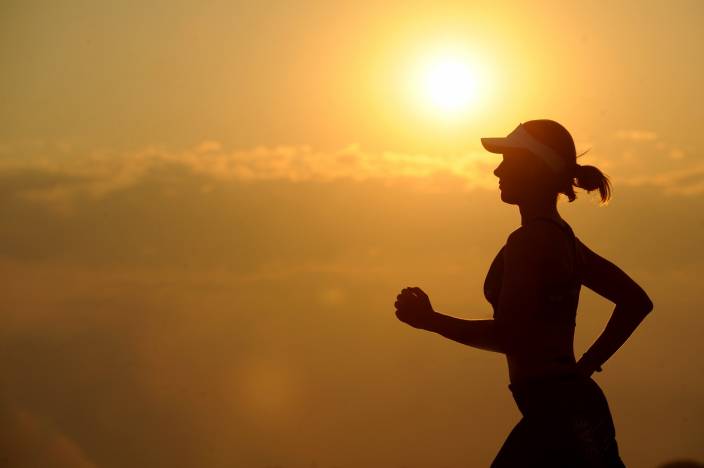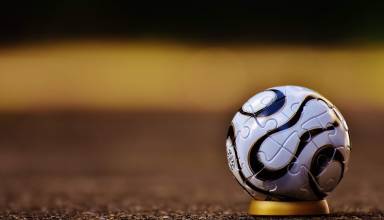Does Exercise Affect Our Alcohol Consumption?

Alcohol and fitness frequently have a strong connection. Alcohol use lowers general fitness and makes it more difficult to meet fitness objectives. One of the most important methods to battle alcoholism is to improve physical fitness through several approaches such as working out and eating a healthy diet.
Yes, definitely by doing exercise regularly helps to remove the habit of alcohol consumption. Alcohol can cause your metabolism to slow down, your muscles to weaken, and you to get tired. Excessive drinking harms your fitness objectives as well as your everyday life. You start to feel lethargic; you start to prefer alcohol over other things you enjoy, and everything appears to fall apart. Although alcohol is harmful to fitness, it is good for alcoholism. According to studies, the more physically active you are, the less likely you are to drink. Exercising increases blood circulation, which leads to a feeling of well-being. Making the wise decision to work out instead of drink encourages you to make excellent decisions in the future, resulting in better behaviors and happier outcomes.
Impacts of drinking alcohol regularly
Drinking alcohol daily can have a bad impact on your performance in the gym, sports, and everyday life. Alcohol is a narcotic that makes it difficult to function. Hand-eye coordination is harmed, vision is disturbed, and response time is slowed. When you're active, no matter what you're doing, you'll need all of these abilities to keep up with the pace and be aware of your surroundings. Alcohol relaxes you by slowing down the nerves that carry messages throughout your body. Because this impact takes longer to wear off, your responses, coordination, accuracy, and balance may be slower than usual during exercise and competition.
To conclude instead of drinking to experience the sleepy effects of alcohol, working out is a terrific stress reliever to use. Instead of reaching for a drink of wine, go for a run to reduce tension. You'll reward your mind and body afterwards.
Featured Blogs
Google facts [ mind-blowing, crazy, amazing & interesting]
Mar 26, 2023
Top 5 European Football League Stats of 2021/2022
Mar 26, 2023
Nepal: A country to visit once in a lifetime
Mar 26, 2023

Advertised products and their truth
Feb 10, 2022

